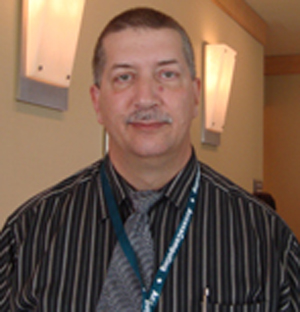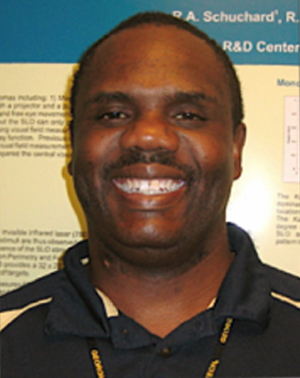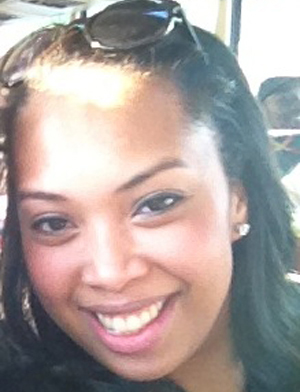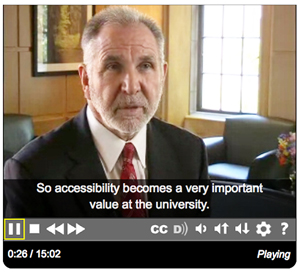Capacity Building Award (AccessComputing News - January 2013)



In Summer 2012, AccessComputing began work to update its Web Design & Development curriculum. The curriculum, originally developed with funding from the National Institute on Disability and Rehabilitation Research of the U.S. Department of Education, is a project-based introduction to web design developed for use primarily in secondary schools, grades 9-12. The curriculum emphasizes standards-based and accessible design, and students learn to consider accessibility throughout the course as they learn and apply new skills and techniques.
Summer 2012 brought a new learning opportunity for DHH students. For the first time, thanks to a subcontract from AccessComputing, the National Technical Institute for the Deaf (NTID) at the Rochester Institute of Technology (RIT) hosted a special two-week computing summer camp for DHH students called DRobotZ. The camp offered students a host of opportunities—including working with robots—all in the interest of persuading qualified DHH students to pick a path through high school that would lead them to a computing major in college.
Led by the Department of Computer Science & Engineering and DO-IT (Disabilities, Opportunities, Internetworking, and Technology) at the University of Washington, AccessComputing partners with Gallaudet University, Landmark College, and Rochester Institute of Technology.

Eleven deaf and hard-of-hearing students from Seattle-area high schools participated in the Saturday Computing Experience for eight weeks in spring 2012. Richard Ladner, PI of AccessComputing, led the class along with nine volunteers, including graduate students from the Computer Science and Engineering Department and staff from Google, Isilon and Microsoft. Three graduates of the Summer Academy for Advancing Deaf and Hard of Hearing in Computing and AccessComputing team members, Jordan Atwood, Josiah Cheslik and Travis Smith, served as teaching assistants.
What might be the first response of a professor when a student who is deaf enrolls in her computing class? Would she look forward to the unique perspective this student brings to the class, or only be concerned about what accommodations might be necessary? An important step to creating a classroom environment that is welcoming to all students is to value diversity in all of its many forms—to see, in this case, differences in hearing abilities as a normal, interesting part of the human experience.

AccessComputing has funded over 140 internships for students with disabilities to work on research as well as lab, technical support, and other computing projects. Through these experiences, students have learned how to request reasonable accommodations, communicate with supervisors and co-workers, collaborate with others, and manage priorities. As one student shared, "despite being visually impaired, I can continue to work toward a degree in software engineering. My confidence level has increased along with my determination."
Research projects include: